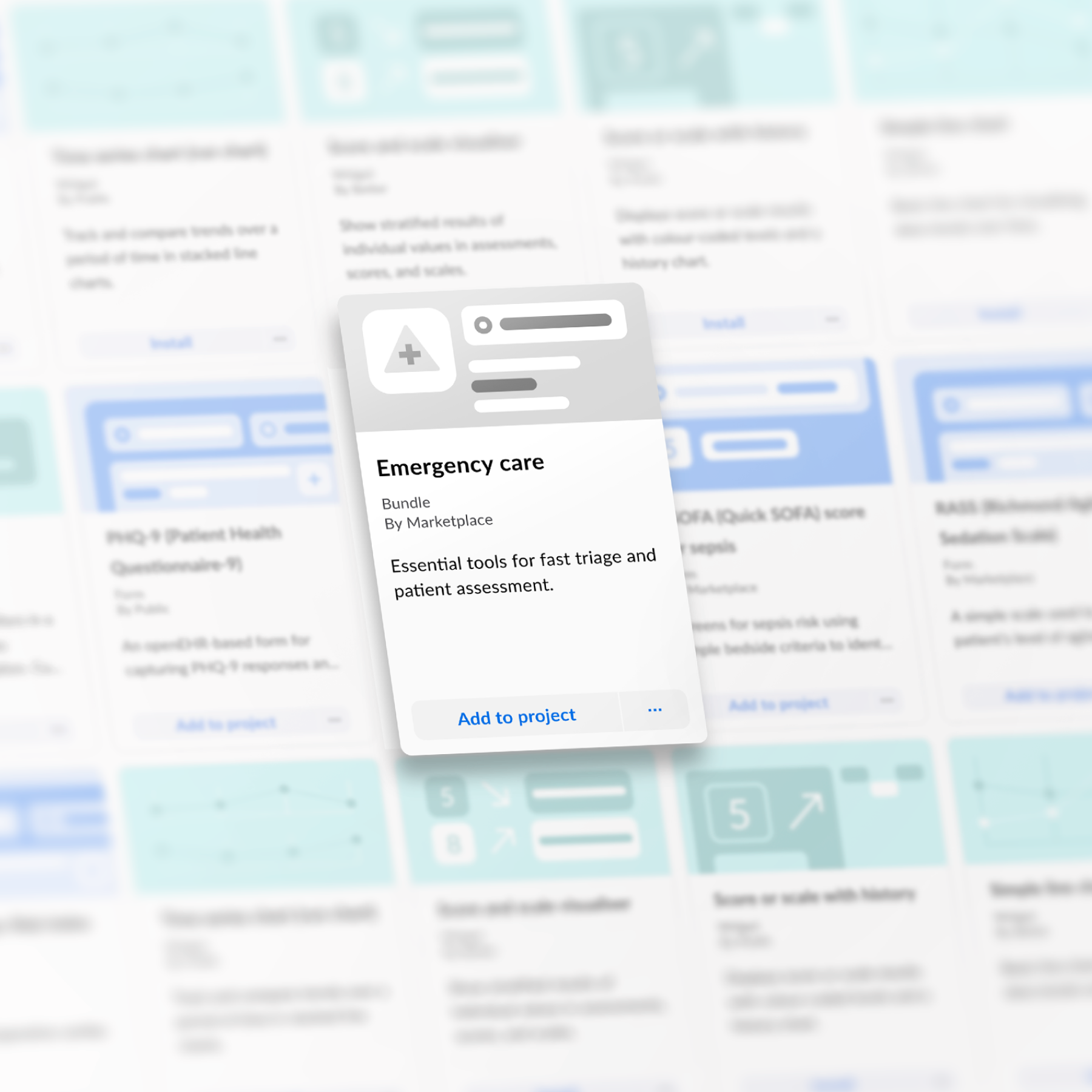The Universal Care Plan (UCP) has achieved another significant milestone by integrating with GP Connect: Access Structured Record. This national service enables access to essential patient information held within GP systems.
This new integration enables clinicians using the UCP to automatically view a patient’s latest allergy and medication data directly from their GP record if they are signed up to the data-sharing agreement. This removes the need for duplicate data entry, reduces the risk of errors, and ensures that care teams are always working with the most accurate and up-to-date information.
“This integration marks an important step forward in making personalised care safer, faster, and more connected,” said Adrian Aggett, Client Director at Better UK & Ireland. “Clinicians across London can now rely on information that comes straight from the patient’s GP record, meaning fewer manual updates, fewer discrepancies, and a more complete view of each person’s care.”
Previously, care professionals using the UCP were required to manually record allergy and medication information when creating or updating a patient’s care plan. The GP Connect: Access Structured Record integration now automatically retrieves this data each time a clinician opens a patient record, ensuring that they see the most current details without the need for manual refresh or updates.
“Care professionals tell us that time and accuracy matter. By linking the Universal Care Plan directly with the GP record, we are removing unnecessary manual updates and giving teams confidence that they are working with the most current information. This supports conversations, improved decisions, and ultimately better care for patients,” said Tomas Ince, UCP Clinical Transformation Lead.
“By connecting the Universal Care Plan with GP Connect: Access Structured Record, we have eliminated the need for clinicians to enter the same data twice and helped ensure consistency across systems,” said Polonca Erbežnik, Business Analysis Team Lead at Better. “It’s an important step and a big improvement in accuracy and user experience, while laying the groundwork for future integrations.”
The integration currently surfaces allergies, medications, and medical devices prescribed or recorded in GP systems, covering data from the previous 18 months. While this information is visible to users within the UCP, it remains stored in the originating GP system, ensuring data integrity and compliance with NHS data-sharing policies.
This development also establishes a flexible technical foundation for future enhancements. The design of the integration allows for expansion to additional GP Connect data types, meaning that more clinical insights can be surfaced within the UCP in the future to support joined-up care across London.
“Our goal has always been to make personalised care planning as connected and up-to-date as possible,” added Adrian Aggett. “The GP Connect: Access Structured Record integration is a perfect example of how open standards and interoperability can improve real-world care, reducing burden for clinicians and giving patients safer, more consistent care.”
The Universal Care Plan continues to bring together key information about patients’ preferences and care needs across all settings, supporting London’s ambition for fully joined-up, person-centred care.
















